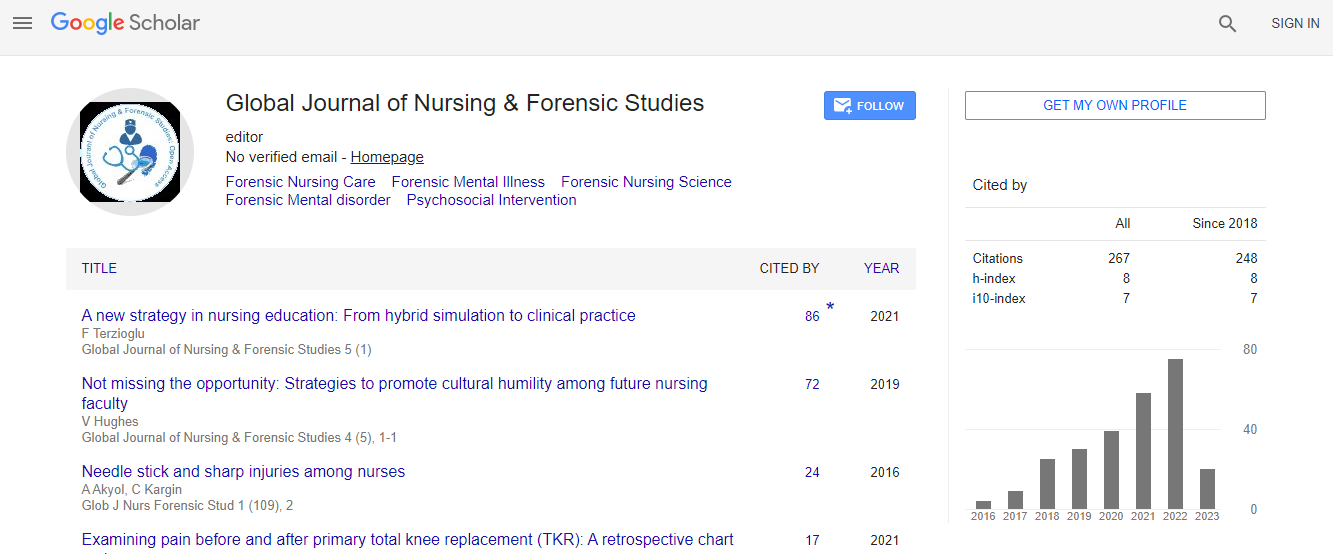Research Article
Legally Approved Ages of Children; Knowledge and Opinions among Undergraduates
Muditha Vidanapathirana* and Liyanage PLBC
1Department of Forensic Medicine, University of Sri Jayewardenepura, Sri Lanka
- *Corresponding Author:
- Muditha Vidanapathirana
Department of Forensic Medicine
University of Sri Jayewardenepura, Sri Lanka
Tel: 0772 988 227
E-mail: mudithavidana@sjp.ac.lk
Received date: July 05, 2016; Accepted date: August 10, 2016; Published date: August 18, 2016
Citation: Vidanapathirana M, Liyanage PLBC (2016) Legally Approved Ages of Children; Knowledge and Opinions among Undergraduates. Glob J Nurs Forensic Stud 1: 108. doi: 10.4172/2572-0899.1000108
Copyright: © 2016 Vidanapathirana M, et al. This is an open-access article distributed under the terms of the Creative Commons Attribution License, which permits unrestricted use, distribution and reproduction in any medium, provided the original author and source are credited.
Abstract
Objectives: Sri Lankan legislation defines various ‘legally approved ages of children’ and five were considered in this study: minimum age of criminal culpability (8 years), employment (14) and consent for sexual intercourse (16); maximum age of requesting maintenance (18) and kidnapping (male 14, female 16). There are controversial opinions on legally approved ages of children. Aim of this study was to describe and compare knowledge and opinions on ‘legally significant ages of children’ between first and final years of a Sri Lankan University. Methods: A Cross-sectional descriptive study was conducted using a self-administered questionnaire among 400 undergraduates of University of Sri Jayewardenepura, Sri Lanka, selected by simple random sampling, 50 from first year and 50 from final year representing all four Faculties. Results: There was significant difference of source of knowledge by way of ‘Lectures’ among first years and final years (p<0.05). There was significant difference in knowledge among first and final years on legally approved ages of children in ‘consent for intercourse’, ‘requesting maintenance’ and ‘employment’ (p<0.05). Undergraduates’ opinion was to change ages of ‘culpability’ and ‘kidnapping’ to 16, ‘employment’ to 17 and ‘intercourse’ to 18 and to incorporate legal ages in to curricula of Sri Lankan schools (97%) and Universities (87%). Conclusions: Presence of a significant difference of knowledge among final years when compared to first years could be due to university teaching. Opinion to change the legal ages should be considered. It is important to include the ‘legal ages’ in schools and university curricula to increase awareness in order to prevent crimes.

 Spanish
Spanish  Chinese
Chinese  Russian
Russian  German
German  French
French  Japanese
Japanese  Portuguese
Portuguese  Hindi
Hindi 